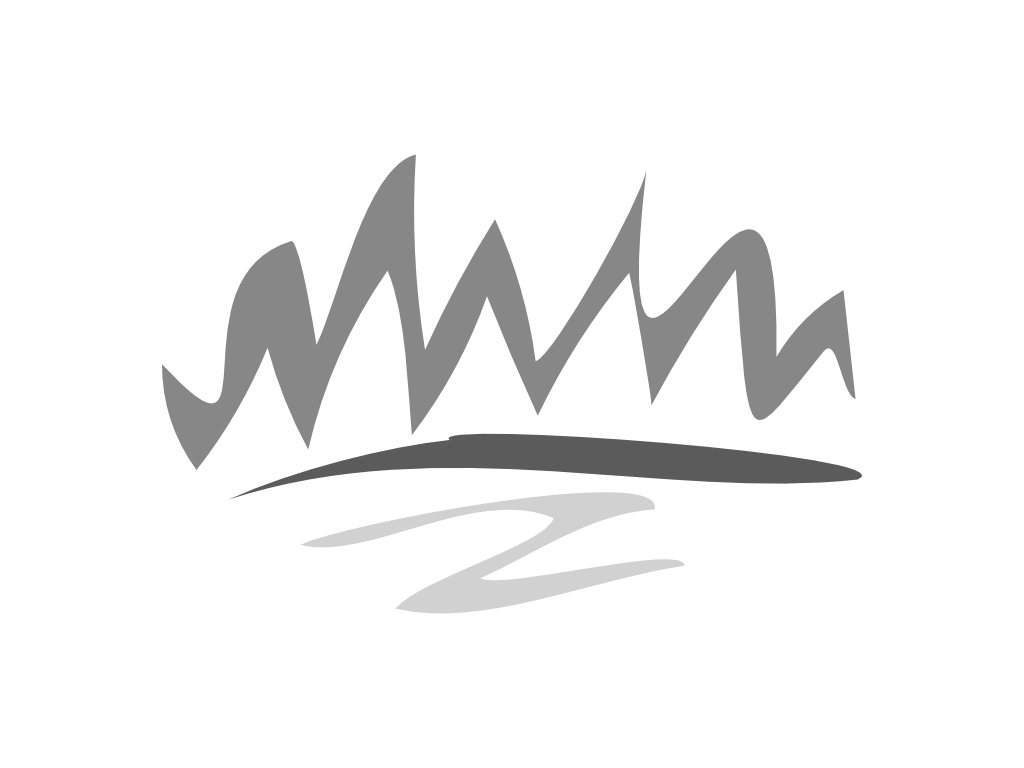
Forest Practices Board Completes Complaint Investigation Of A Logging Road Close To A Stream In Clayoquot Sound
Victoria – Today, the Forest Practices Board released its report concluding an investigation of a complaint concerning an International Forest Products Ltd. (Interfor) logging road located close to a stream on Catface Mountain. The road is located approximately 10 kilometres north of Tofino, in the centre of the Clayoquot Sound designated area.
The Friends of Clayoquot Sound-Forest Watch made the complaint to the Board in March 1998. Construction on the road has been halted twice due to adverse weather conditions and a public blockade. At the time of this news release, road building had not yet reached the stream reserve zone. Resumption of work on the road may be imminent.
“The Board’s investigation focused on the plan approval process and on determining if the district manager gave adequate consideration to the road location, which clearly infringed into the 50-metre stream reserve identified in the Clayoquot Sound Scientific Panel Recommendations,” stated John Cuthbert, vice-chair of the Forest Practices Board. “Lack of documentation of the reasons for the approval made our decision difficult.”
The Board found that the Scientific Panel recommendations included in Interfor’s forest development plan became legally enforceable under the Forest Practices Code when the plan was approved.
The Board found that the district manager’s approval of the road location was in compliance with both the Scientific Panel recommendations and the Code. However, the Board indicated that the district manager should have documented his rationale for the approval due to the high level of public interest in the Clayoquot area.
The Board also found that the Ministry of Forests district manager and the Ministry of Environment, Land and Parks regional manager erred in not recognizing the enforceability of the recommendations included in the plan. However, the Board noted that these agencies did intend to enforce the Scientific Panel recommendations through contractual obligations with the licensee.
Interfor included Scientific Panel recommendations in their 1997 forest development plan for TFL 54. This included a 50-metre reserve zone for the stream in question. The plan also showed a road switchback located close to the stream. The Friends of Clayoquot Sound-Forest Watch expressed concerns to the licensee about the impact of the road on the reserve in May 1997. The road location was approved by the district manager in September 1997.
In 1995, the provincial government adopted the Clayoquot Sound Scientific Panel Recommendations for the Clayoquot Sound designated area. The Clayoquot Sound Scientific Panel recommends avoiding road construction in stream reserves. And where no practical alternative is available, the panel recommends abandoning the road. If the development does proceed, the panel recommends engineering and constructing the road to minimize disturbance.
The Board made a number of recommendations as a result of the investigation. The Board recommends that government agencies should fulfill their responsibilities in providing written comment, at both the forest development plan review stage and the road permit approval stage, concerning practices that don’t follow normal Code requirements. The Board also recommends that district managers should document reasons for approving road locations in riparian management areas. A recommendation was included in the report that reinforced those made by the Scientific Panel, which stated that encroachments into stream reserve areas must be avoided whenever possible. When construction of the roads resumes, the Board recommends that the Scientific Panel’s conditions be enforced, and that all future forest development plans for the Catface area provide clear, unambiguous information on riparian zones.
The Forest Practices Board is BC’s independent watchdog for sound forest practices. The Board provides British Columbians with objective and independent assessments of the state of forest planning and practices in the province, compliance with the Code, and the achievement of its intent. The Board’s main roles are: auditing forest practices, undertaking investigations in response to public complaints, undertaking special investigations of any Code related forestry issues, participating in administrative reviews and appeals, and providing reports on Board activities, findings and recommendations.
– 30 –
Forest Practices Board
Phone: (250) 387-7964
1-800-994-5899
